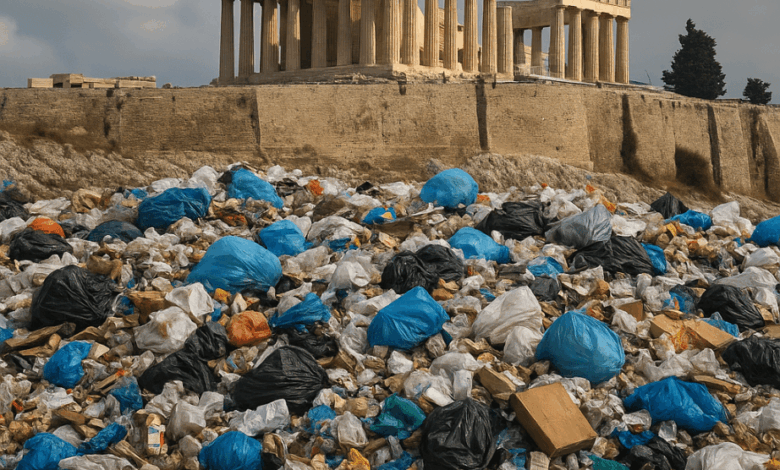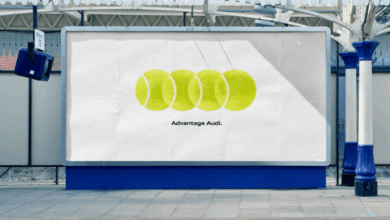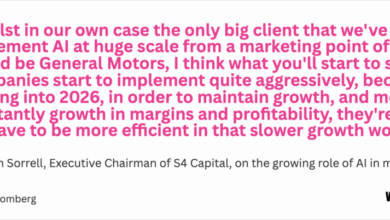Greece, Europe, and the Economics of Corruption |


They were supposed to be shrines of renewal. Bright kiosks on street corners where citizens could drop plastic, glass, and hope. Instead, they stand as monuments to a darker Greek tradition: turning public money into private gain.
The European Public Prosecutor is now investigating 11.9 million euros in EU recycling funds that were meant to transform waste management. On paper, these kiosks were the symbols of progress. In reality, auditors found prices inflated to five times the market rate, units missing, infrastructure unfinished, and no trace of what happened to the waste they collected.
Greece recycles only 17 percent of its municipal waste. The European average is close to half. Targets for 2025 are not just out of reach, they are a fantasy. The country has already paid more than 230 million euros in fines for failing to manage waste, with more cases pending. Yet corruption itself is recycled endlessly, with flawless efficiency.
Corruption is not a scandal. It is the system.
This story does not stand alone. It joins a long chain of failures.
Recycling kiosks, farm subsidies, phone tapping. These are not separate accidents. They are proof of how Greece works when no one is watching. Corruption here is not the exception. It is the operating system.
Europe’s green facade
Brussels writes checks, then issues fines, but never fixes the structure that allows this to happen. Europe’s climate agenda promises a green future, yet when billions flow into member states, very little prevents them from being siphoned away.
The EU demands recycling targets but does not monitor the projects beyond paper reports. The result is a charade: Brussels gets to say progress is being funded, Greece gets the money, and citizens get an empty kiosk on the corner. Sustainability becomes theater.
The economics of corruption
We need to stop treating corruption only as a moral failure. It is also an economic model.
- Contractors inflate prices and pocket the difference.
- Politicians exchange projects for loyalty and votes.
- Bureaucrats stay silent to protect their careers.
The kiosk was never really about recycling. It was a mechanism to move public wealth into private hands. The loss is not abstract. It means hospitals that remain underfunded, infrastructure that stays broken, and citizens who inherit nothing but cynicism.
The human cost
Every misused euro corrodes trust. People stop believing in the state. They stop believing in Europe. They stop believing in the possibility of change. And when citizens no longer expect better, corruption stops being shocking. It becomes normal.
Greece already carries the scars of austerity, broken promises, and EU hypocrisy. To see climate funds misused at the very moment when the planet is in crisis is not just mismanagement. It is betrayal.
Another EU fine will not change anything
Another investigation that drags for years will not either. What is needed is a complete shift in how public money is monitored.
- Citizens must be able to see where every euro goes.
- Contracts must be public, down to the last cent.
- Those who profit from corruption must be named, shamed, and forced to return what they took.
Until corruption is treated as an economic system rather than a series of isolated scandals, Greece will continue recycling failure itself.
The kiosks are more than failed infrastructure
They are mirrors, reflecting a brutal truth: in a country already drowning in waste, the greatest waste of all is trust. And without trust, there can be no green future, no European future, no future at all.




